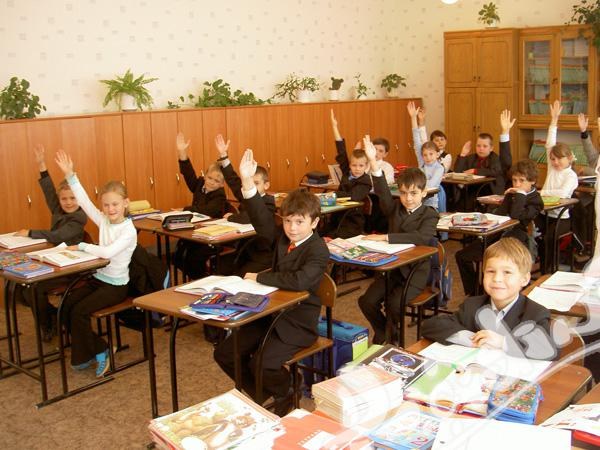Instruction
1
The difficulty lies in the fact that these are no different from other words, you just have to remember. And remember, you must give two words for one and eleven for the –et and –at something meaningful. If the verbs in –ing (shaving and scraping) are remembered quite easily because of their relatively rare potrebnosti, the verbs in –et and –at synonymous and difficult to remember.
2
Enter them in context. Even better, if the text is rhymed, which is easier to remember. For example, here is a sample poem for a verb not in –ing related to the 1st conjugation.
To drive, to go, to look and see
to breathe, to hear, to hate,
and I have to say, and twirl,
and hurt, and suffering.
You remember, friends,
They are on “e ” it is impossible to conjugate.
To drive, to go, to look and see
to breathe, to hear, to hate,
and I have to say, and twirl,
and hurt, and suffering.
You remember, friends,
They are on “e ” it is impossible to conjugate.
3
Experience shows that, though rhymed, but just listed the verbs are not really remembered by the children. Fill these words with concrete meaning. Make them heroes to some simple tales. The students-fourth graders still love this genre. A greater effect is obtained if the children themselves will be involved in writing.
4
Give the children homework: to draw a themed picture where one way or another would affect 13 verbs-exceptions. Discuss the lesson of work, gradually forcing the children to repeat and repeat the verbs, commenting on their drawings. Include in the lesson music. Sing the words you want to remember. All together the guys create sustainable images of verbs-exceptions.
5
In conclusion, I will suggest to learn another poem-song:
Really want
Through the glass to see –
A world of green to see
Bow and tears to hate.
To learn to endure the pain,
So nobody could hurt,
So strong does not depend on
To weak to turn.
How do you want: to hear
Bird blue keep
Clean air to breathe,
A world of green to see...
Do not rush thoughts to drive
You just have to dream!
Really want
Through the glass to see –
A world of green to see
Bow and tears to hate.
To learn to endure the pain,
So nobody could hurt,
So strong does not depend on
To weak to turn.
How do you want: to hear
Bird blue keep
Clean air to breathe,
A world of green to see...
Do not rush thoughts to drive
You just have to dream!
Note
Children need to learn verbs-exceptions not only in elementary, but in all personal forms in singular and plural.


